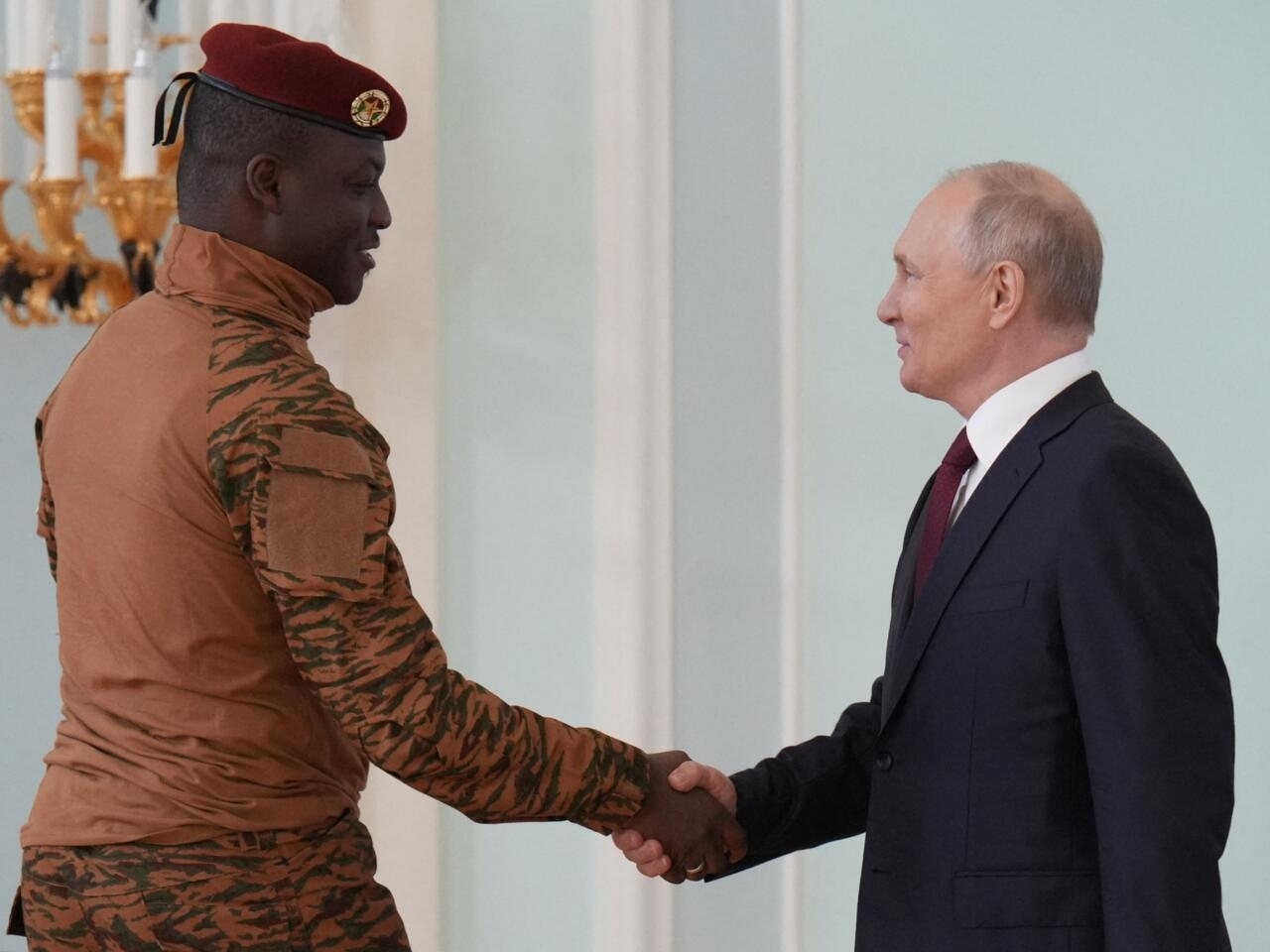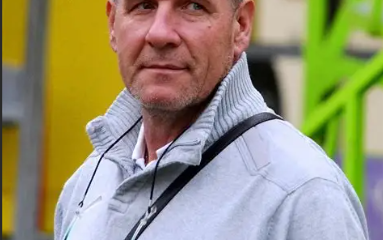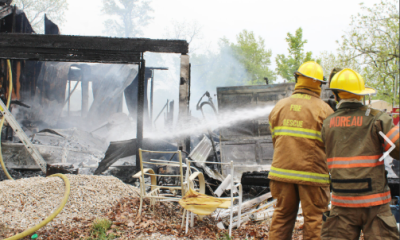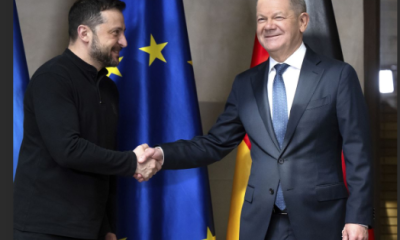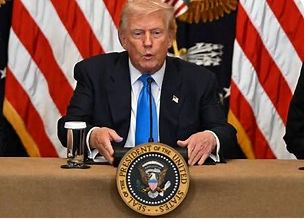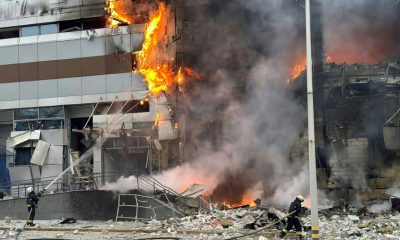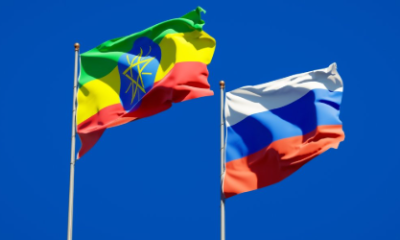Russia has continued to grow the number of its African partners in nuclear projects with Burkina Faso being the latest addition to the list.
The West African country is set to sign a roadmap with Rosatom, A Russian state corporation that will lead to the construction of a nuclear power plant in the country.
This was revealed to Sputnik, by Burkina Faso’s Minister of Energy, Mines and Quarries, Yacouba Zabré Gouba, in an interview on the sidelines of the International Forum on Nuclear Energy (Atomexpo-2024), which was held on the Russian territory of Sirius.
“The establishment of this power plant will initially help reduce the energy deficit and eventually support all sectors of Burkina Faso’s socio-economic life,” Gouba said.
Rosatom initially signed a memorandum with Burkina Faso in October on the construction of a nuclear-powered facility in the West African country.
This was followed by the recently proposed signing of a roadmap that will lead and guide the construction of a nuclear power plant in the country.
Russia has recently signed similar deals and entered nuclear partnerships with other African countries.
Rosatom, a Russian state corporation specializing in nuclear energy and high-tech products has increasingly looked to penetrate the African market, establishing relations with various African countries.
This aligns with the company’s goal to take advantage of the continent’s enormous potential and expand Russia’s influence in Africa.
READ ALSO: Russia’s ballistic missiles attack causes havoc in Kyiv
African countries that have worked towards partnering with Russia on Nuclear projects include Nigeria, Tanzania, Egypt, Rwanda, Uganda, Mali, Zimbabwe, and Burundi.
In Nigeria, a recent report suggests that Russia and Nigeria are taking steps to foster a nuclear partnership and also train individuals. The Nigerian Atomic Energy Commission and Russia’s Rosatom are striving to speed up the process.
In Egypt, Russian President Vladimir Putin and Egypt’s Abdel Fattah al-Sisi formally began work on the fourth unit of Egypt’s Dabaa nuclear power plant in January 2024.
In Rwanda, a deal to establish nuclear plants in the country by Russia’s nuclear agency, Rosatom, faced stiff resistance owing to safety concerns.
In Uganda, Rosatom signed a deal with Ugandan state officials in 2016 to build a nuclear facility. The project was never carried out.

 Latest6 days ago
Latest6 days ago
 Trends1 week ago
Trends1 week ago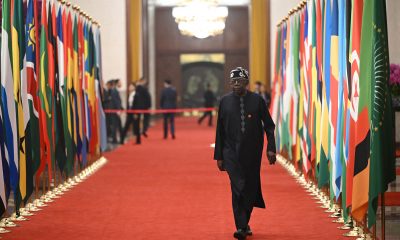
 Latest1 week ago
Latest1 week ago
 Latest1 week ago
Latest1 week ago
 Business6 days ago
Business6 days ago
 Latest1 week ago
Latest1 week ago
 Latest6 days ago
Latest6 days ago
 Football6 days ago
Football6 days ago
